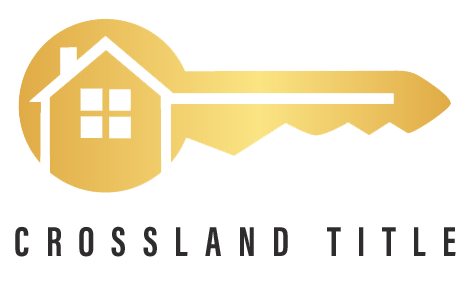Real Estate Closings
What to Expect
You have sifted through home listings. You’ve ensured your offer was competitive and jumped through financing hoops. Your offer was finally accepted on a house that’s right for your family.
But the keys aren’t yours yet—so stay on your toes! Be your family’s home-buying hero by knowing exactly what to expect when closing on a house.
1. What Is Closing and When Does it Happen?
Your closing date is the day you become the legal owner of your new home.
During the contract negotiation phase, you (the buyer) and the seller set a closing date. You must list this on the purchase agreement contract. After the seller accepts your offer and earnest money, you can expect to wait a while before your actual closing date.
You and the seller may agree on a closing date. Your agents will probably work with your lender and title agency to suggest a timeline. This timeline allows them enough time to correctly execute their end of the deal. That could push your closing date out several weeks or even months after your offer is formally accepted.
2. How to Prepare for Closing on a House
You still have some serious ground to cover before closing on a house. Here’s what you need to do:
Gather Your Team
Make sure you have a solid team on your side, starting with an experienced real estate agent. You need an expert who knows your local market.
An agent can also help you network with other valuable team members you may need such as a(n):
-
Escrow officer
-
Mortgage professional
-
Home inspector
-
Attorney
-
Title insurance agent
Create and Complete Your Closing Checklist
Your team of experts can help you review your contract and prepare for closing contingencies. Closing contingencies are conditions listed in the contract. You must meet these conditions before the home transaction becomes legally binding. Contingencies may include:
-
Home inspection: Make sure there aren’t any hidden faults that could cost you after your seller is gone.
-
Appraisal: Your mortgage lender requires this to keep them from loaning you more money than the house is worth. You or your real estate agent can arrange for an appraiser to estimate the property’s market value. The appraisal fee will be in your closing costs.
-
Loan documents: Even if preapproved for a loan, you still have a few more hoops to jump through to get final approval on your financing. Prepare yourself by organizing all your documentation.
-
Homeowners insurance: Homeowners insurance is a must. It covers the cost to repair, rebuild, or replace your new home or items in your home if damaged or destroyed. Typical policies protect you with liability coverage against accidents in or on your new property. Make sure you find a good insurance agent who can help you get the best coverage for the lowest cost.
-
Final walkthrough: This typically happens 24 hours before closing. Bring your contract to make sure the condition of the home matches the original state. After all, that’s what a walkthrough is all about. Test major appliances, light fixtures, toilets, windows, and doors.
Contact Crossland Title, Inc for assistance with your real estate closing needs!

